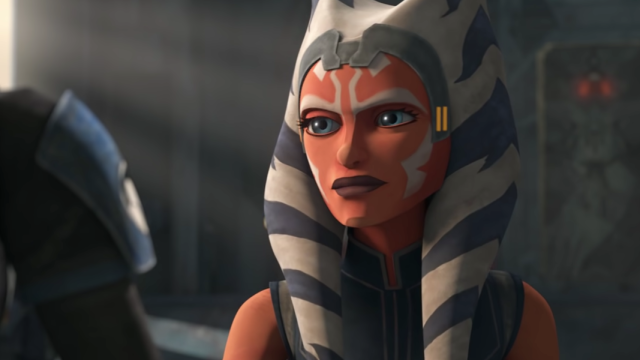We might have seen a shortage of new movies in 2020, but one thing we still got a lot of was television shows. This was a year of saying goodbye to many beloved series while introducing some new ones into the fold. Some sparked, others fizzled. Here are the TV series the Gizmodo staff felt stood out as the best and worst of 2020.
Best
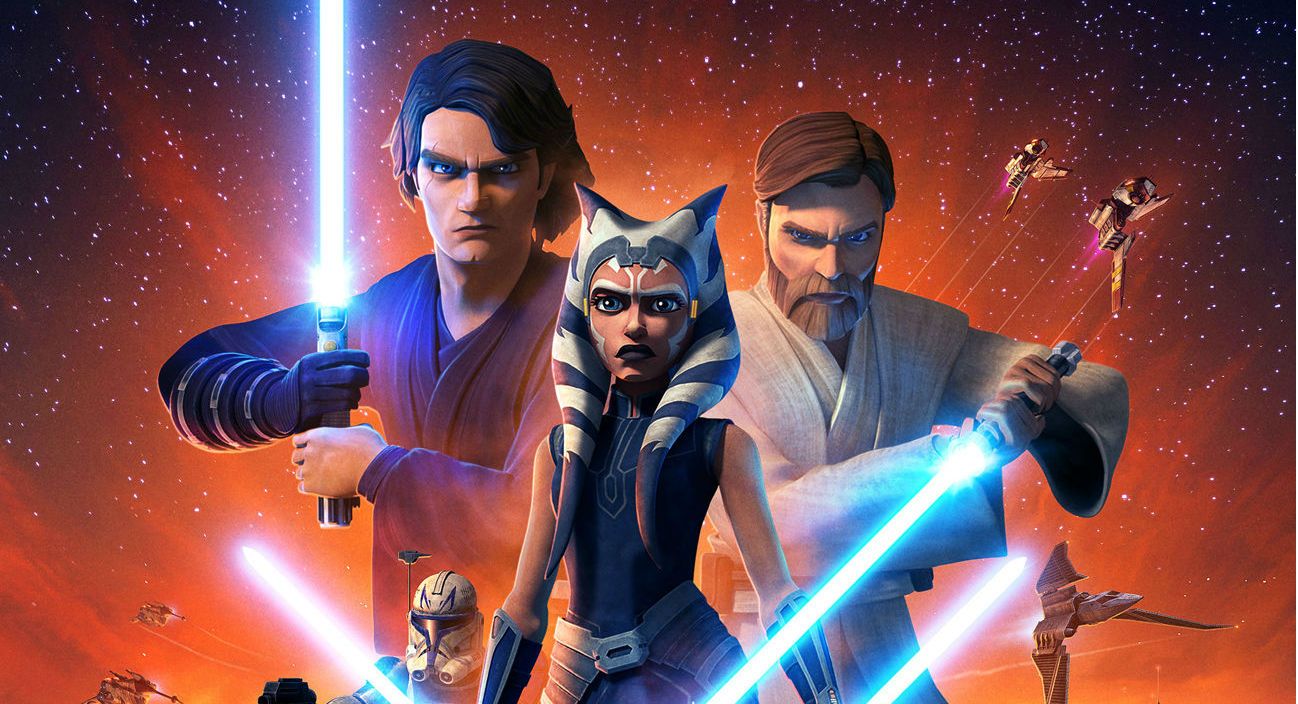
Star Wars: The Clone Wars (Disney+)
The Clone Wars already got one ending nearly a decade ago, but it wasn’t right. Cut short before its time, the heroes’ journeys were not yet fulfilled, and we weren’t ready to let go as Ahsoka Tano left the Jedi behind and the twilight of the Republic descended. But this year, The Clone Wars returned for a final series of episodes, ideas that had pinged about in creator Dave Filoni’s head since the series had reached that abrupt ending, ready to be told at last.
What followed was a run of stories as explosive as it was heady, as joyful as it was deeply and emotionally powerful. The Bad Batch laid the groundwork for Star Wars animation’s future while tackling the weight of the war on the Republic’s defenders; beyond the confines of the Jedi, Ahsoka got to experience life in the Republic for those left behind in times of crisis. Then, as the shadow of Revenge of the Sith drew near, the final arc of the show re-centered itself on the themes and bonds that mattered most, as Ahsoka and Captain Rex survived Order 66 and let go of the only lives they’d ever truly known. Even after the end of the Skywalker Saga, Star Wars stories feel everpresent in the books, shows, comics, and games that are always coming out. But The Clone Wars’ true farewell stood above it all: there hasn’t been better Star Wars storytelling this year. — James Whitbrook
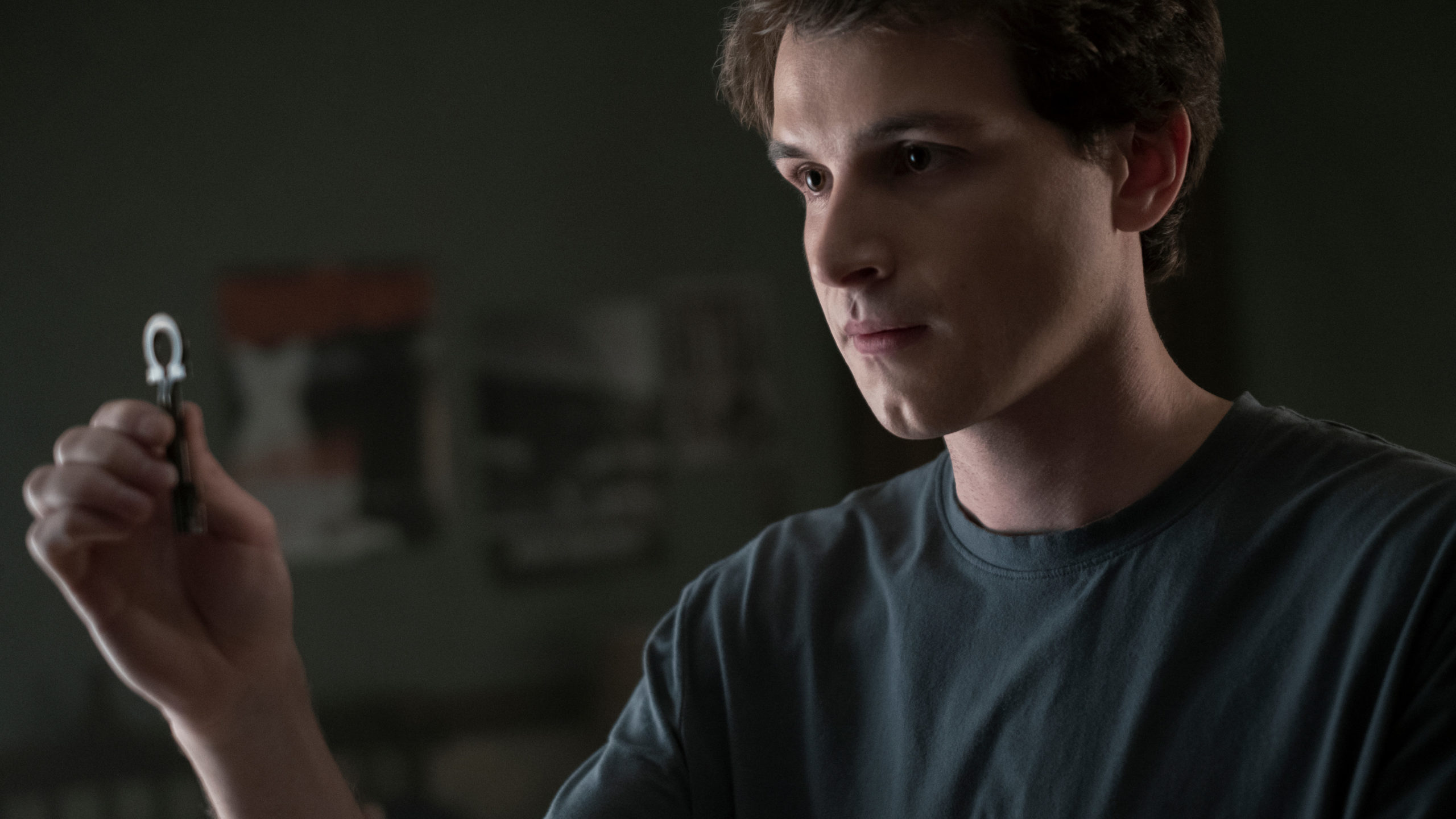
Locke & Key (Netflix)
After many long years of false starts, the fact that we finally got to watch an adaptation of Joe Hill and Gabriel Rodríguez’s cult-beloved comic series about a grieving family that inherits a home filled with magical keys (and even more magical doorways) was a miracle in itself. Netflix’s take on Locke & Key ended up making the wait well worth it, delivering a satisfying mix of horror, emotion, humour, mystery, and family bonding. The cast was excellent, the production design made us wish we were living in a sprawling New England Victorian with a slight evil-spirit problem, and along with everything else, the cliffhangers at the end sure did make us glad a second season is on the way. — Cheryl Eddy
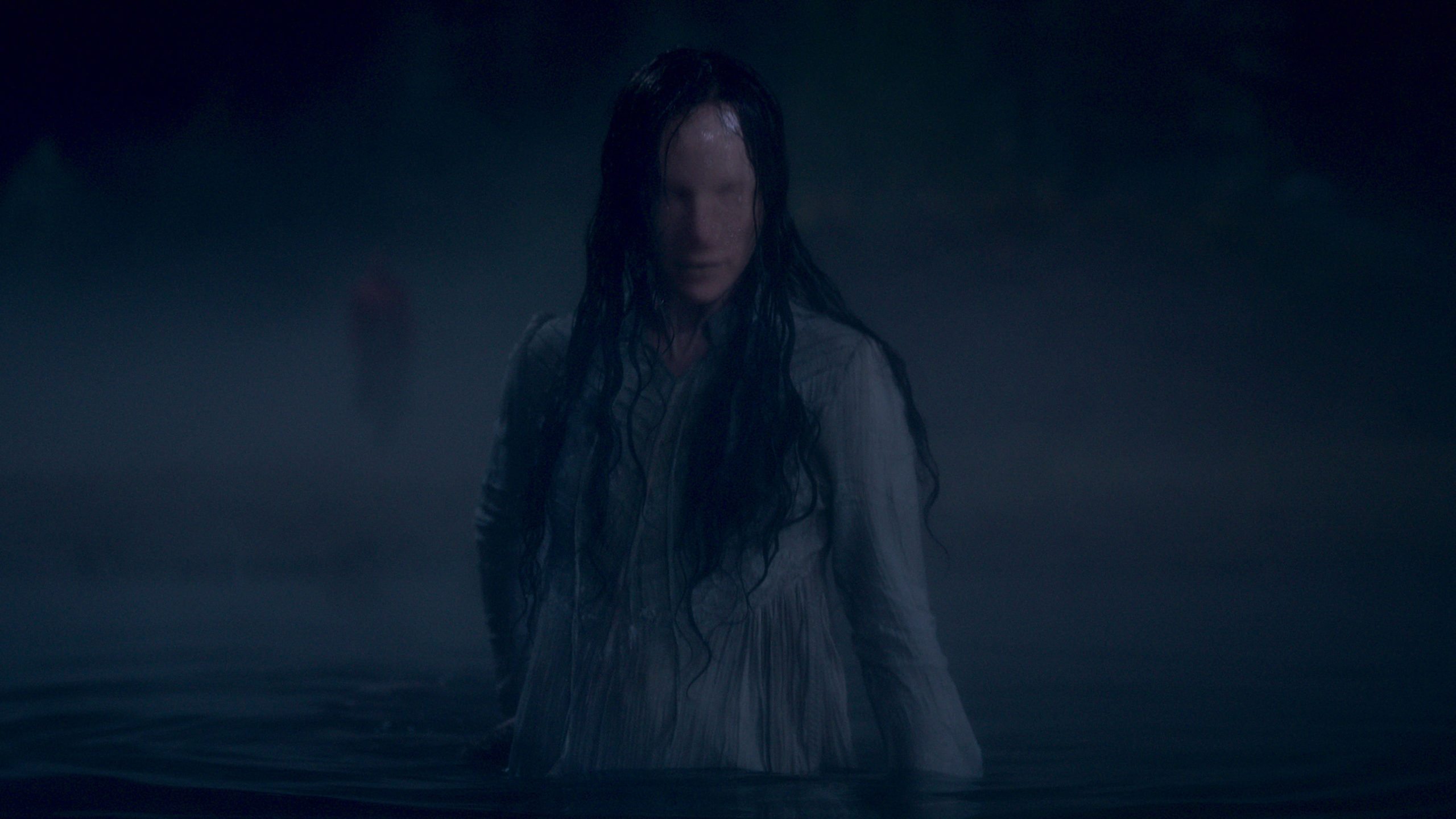
The Haunting of Bly Manor (Netflix)
How do you follow up one of the scariest series Netflix has ever streamed? If you’re Mike Flanagan, captain of the good ship Haunting, you bring your visually striking, deliciously spooky touch to a new anthology chapter, tapping into a different classic author (Henry James) for inspiration and assembling a cast of both familiar and new faces to tell your story. Though it delivered fewer shocks than The Haunting of Hill House, Bly Manor tunneled even deeper into our hearts, taking the viewer on a surprisingly moving journey that included family dinners we wish we could’ve crashed and one especially gorgeous flashback episode. And yeah, there were ghosts galore — but we ended up being far more haunted by all the feels that Bly Manor left behind when it closed its last chapter. — Cheryl Eddy
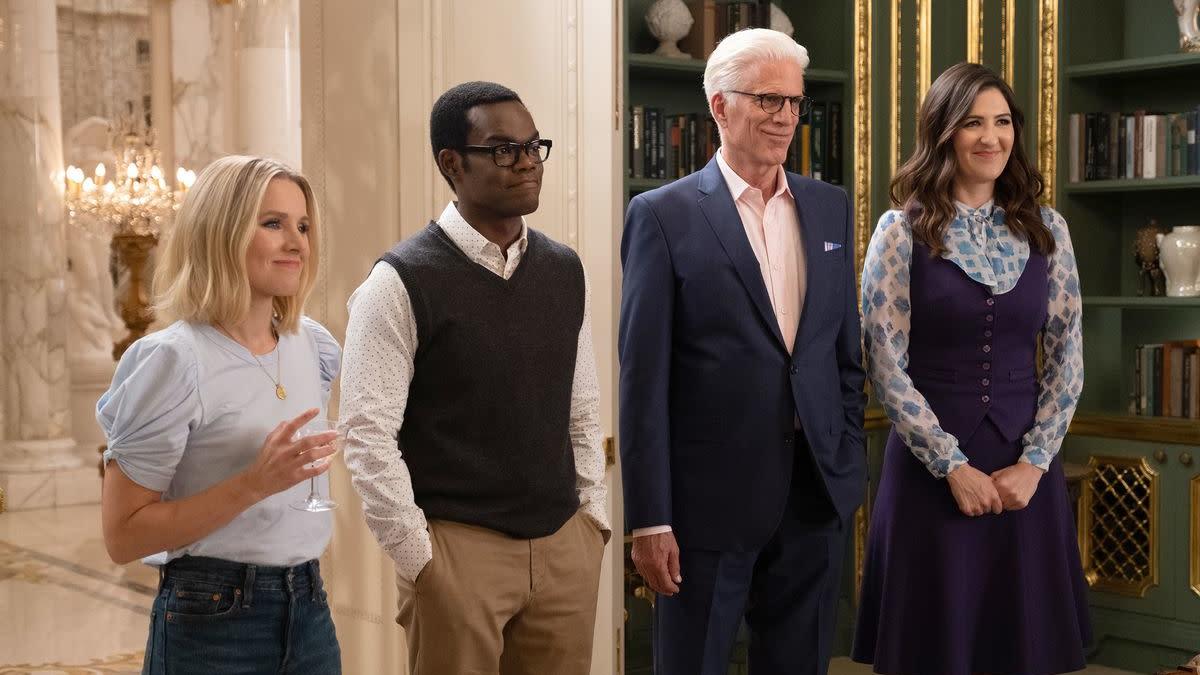
The Good Place (NBC)
There’s nothing better than watching a television show end on its own terms. That’s exactly what happened with The Good Place, which gave us a beautiful finale just four seasons after the afterlife comedy first stepped into Michael’s office. Over the years, The Good Place has sought to enlighten and challenge us, starting with that mind-blowing season one twist and moving through our foursome’s journey to finally get to the Good Place. Of course, being The Good Place, that wasn’t the end of the story — and the series gave us time to envision a better future, and live in it, before finally saying goodbye to our Soul Squad. In the end, the series taught us that all anyone can do is try to be better — even if you don’t always succeed. It’s a lesson we can all take to our forking hearts. — Beth Elderkin
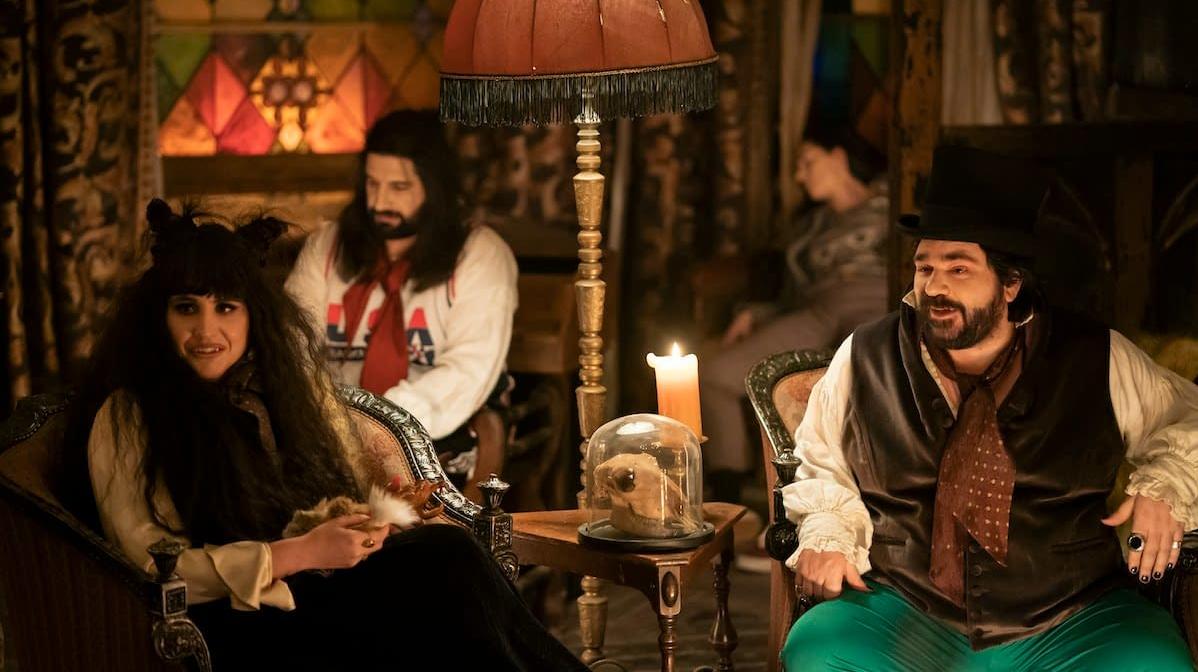
What We Do in the Shadows (FX)
Praise Jackie Daytona, the genius first season was no fluke — in fact, season two of TV’s funniest vampire comedy may have achieved the impossible by improving on itself, bringing in a wonderfully weird array of enthusiastic guest stars (Haley Joel Osment, Mark Hamill, Benedict Wong, Greta Lee) and some creatively deployed new creatures (including a necromancer, ghosts, witches, and an internet troll that turns out to be an actual troll). But FX’s What We Do in the Shadows really shines because of its consistently clever writing and the performances of its core cast — all of whom are genuinely outstanding, though we’re especially partial to the all-too-human Guillermo (Harvey Guillén), who got ample room this season to (hilariously) explore his uniquely high-tension situation as a beleaguered familiar who also happens to be a badass vampire slayer. — Cheryl Eddy
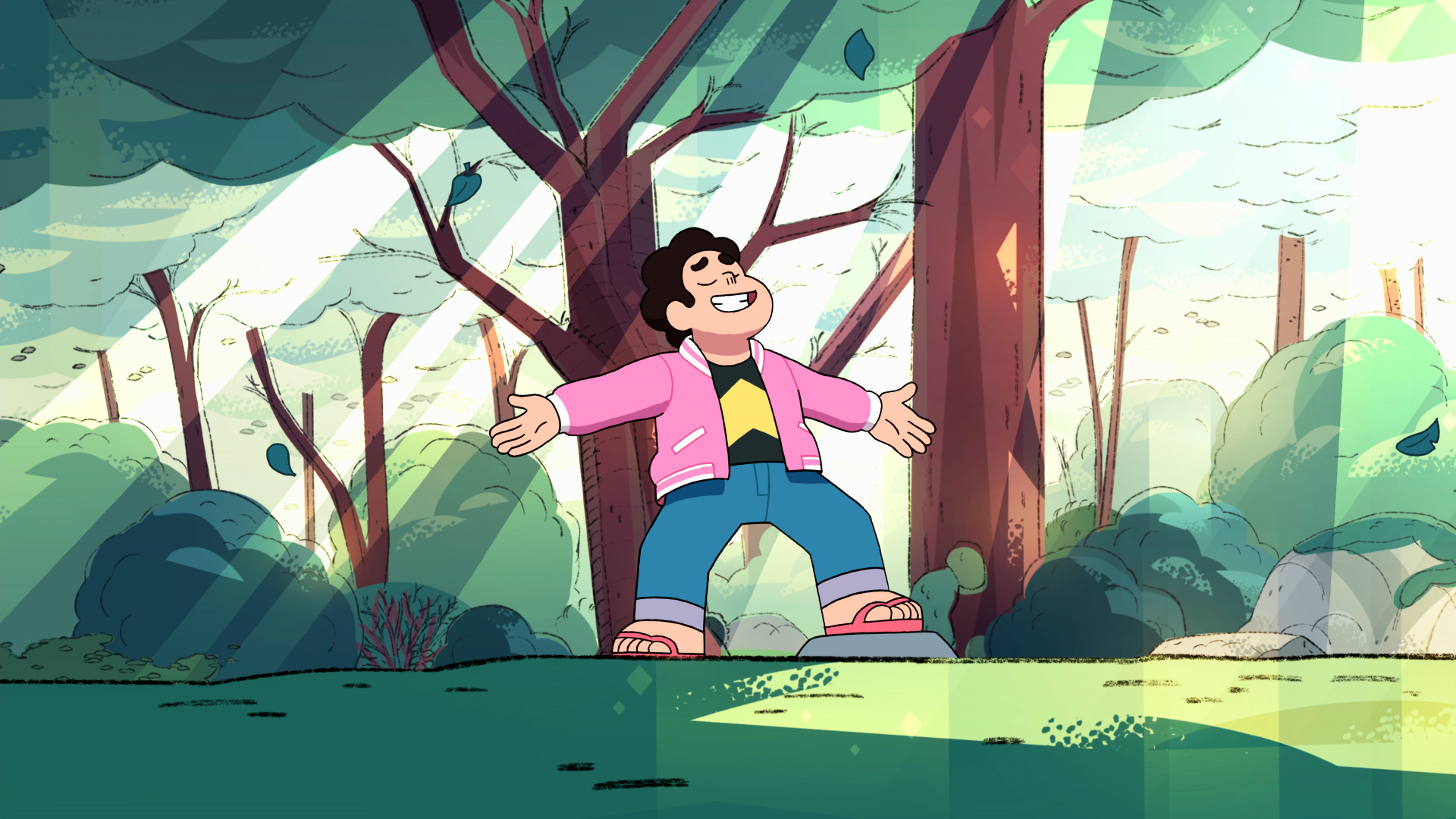
Steven Universe Future (Cartoon Network)
How do you say goodbye to a show that already said farewell twice? Between the series’ emotional climax in the “Change Your Mind” arc and its all-out movie musical spectacular, Rebecca Sugar’s earnestly loving series about a young boy discovering himself felt like it had reached a place most of us would feel good calling its happily ever after. But Steven Universe Future took the time to powerfully remind us of the weight of all the things Steven went through over the course of the show, and that those happily ever afters are not endings but states of existence that must perpetually be fought for and protected.
Above all, it taught us and Steven the power of growing up and accepting change, closing a chapter of his life to build a new one on his own two feet. If we never see that chapter told, Steven Universe Future gave us the fond farewell and knowledge that we don’t have to see it to feel like Steven and the people he loved got the stories they deserved. — James Whitbrook
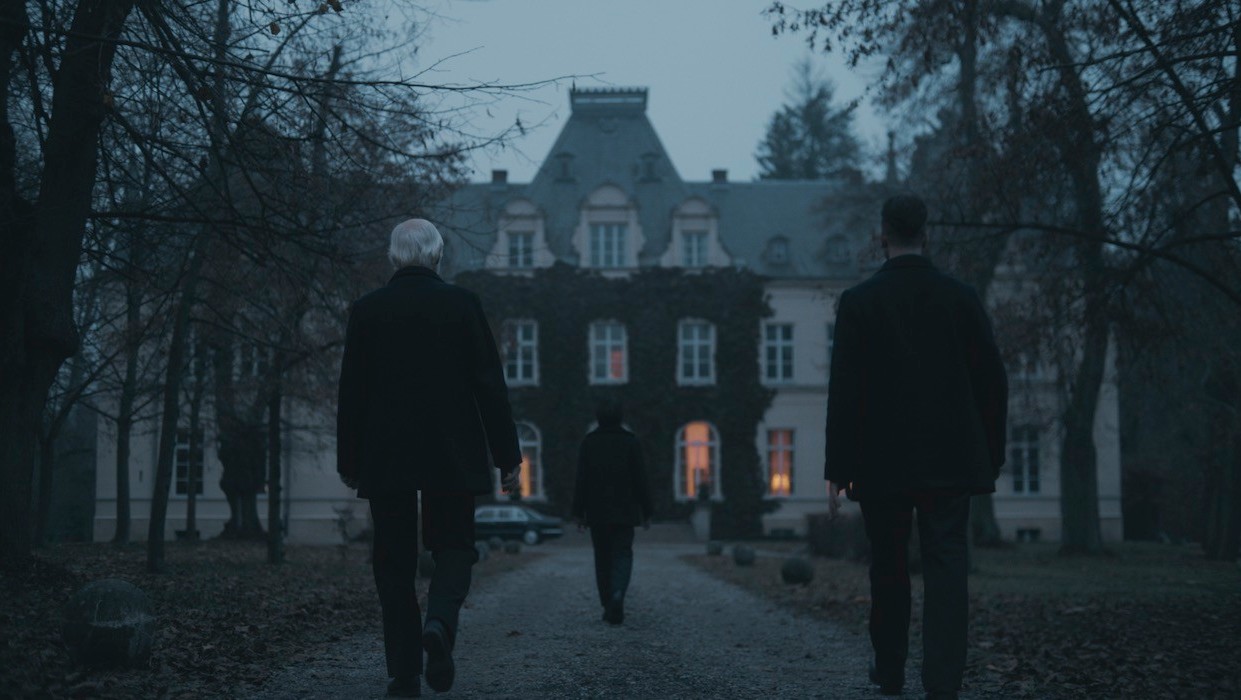
Dark (Netflix)
I came into the final season of Dark, Netflix’s German sci-fi series, with the same — if not more — confusion as any episode of the previous season. The show is kind of like an epic roller coaster; you’re having the time of your life but may severely injure yourself at some point if you move the wrong way. Things had only gotten more topsy-turvy in terms of who was who and who was when, but season three really seemed determined to drain our brains of whatever logic was left. And that was OK because the journey was extremely enjoyable.
Throwing a parallel world into the time travel mix only made things more complicated but damn this show kept me riveted from start to finish. Murder Martha! New, weird machines! God particles! Of course, why don’t we drop an ouroboros for symbolism!? And lest we forget: so, so, so much incest drama. It’s tough to talk about why Dark was so great without getting into spoiler territory but if there’s one rad thing it had going for it this past year, it was that it presented us with some wild apocalypse scenarios that were nowhere near our real-life predicament. How refreshing. — Jill Pantozzi
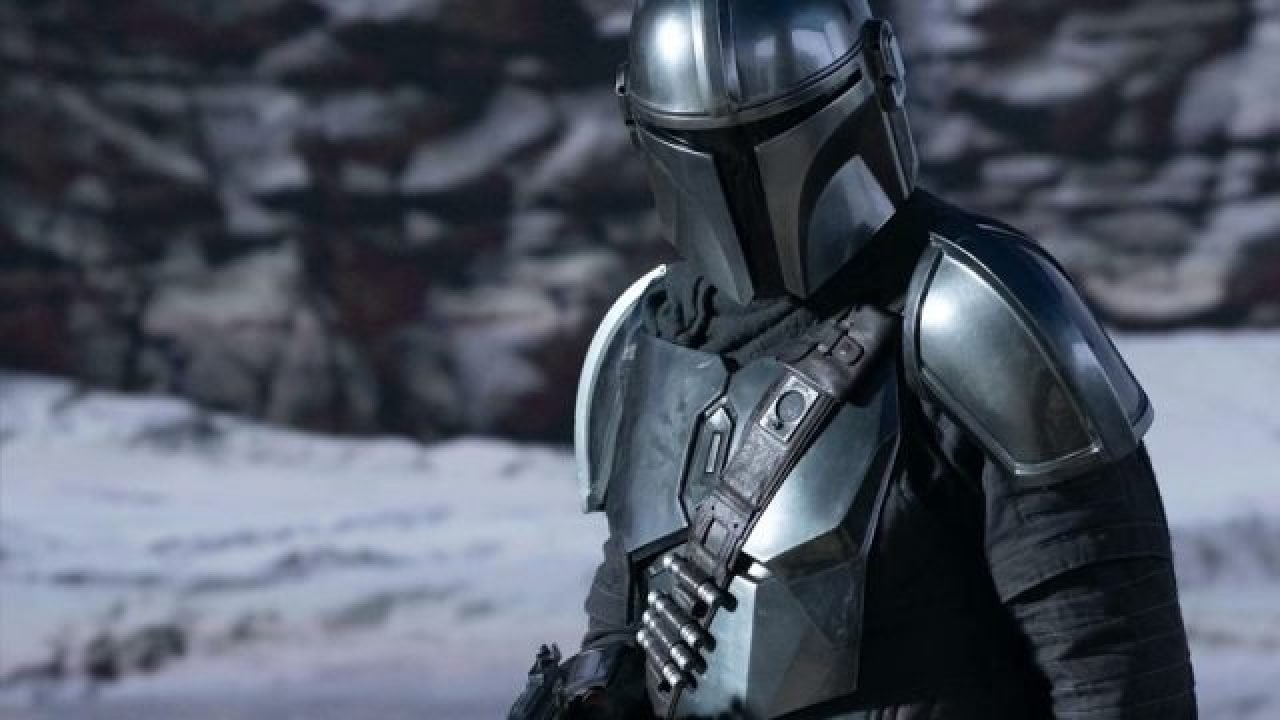
The Mandalorian (Disney+)
Being Star Wars, The Mandalorian could have been garbage and people would’ve still watched it, praised it, and overanalysed the crap out of it. Thankfully though, creator Jon Favreau and his team of nerds have risen above that. They’ve made a show that’s drenched in the mythology of the saga, with a story that’s simple and emotional. Something anyone can relate to. An adult and a child developing a bond as one tries to save the other. In season two, that story was told through a larger prism, with the introduction of Ahsoka Tano, Bo-Katan Kryze, and others, which only made the small story at the centre that much more rewarding and exciting. – Germain Lussier
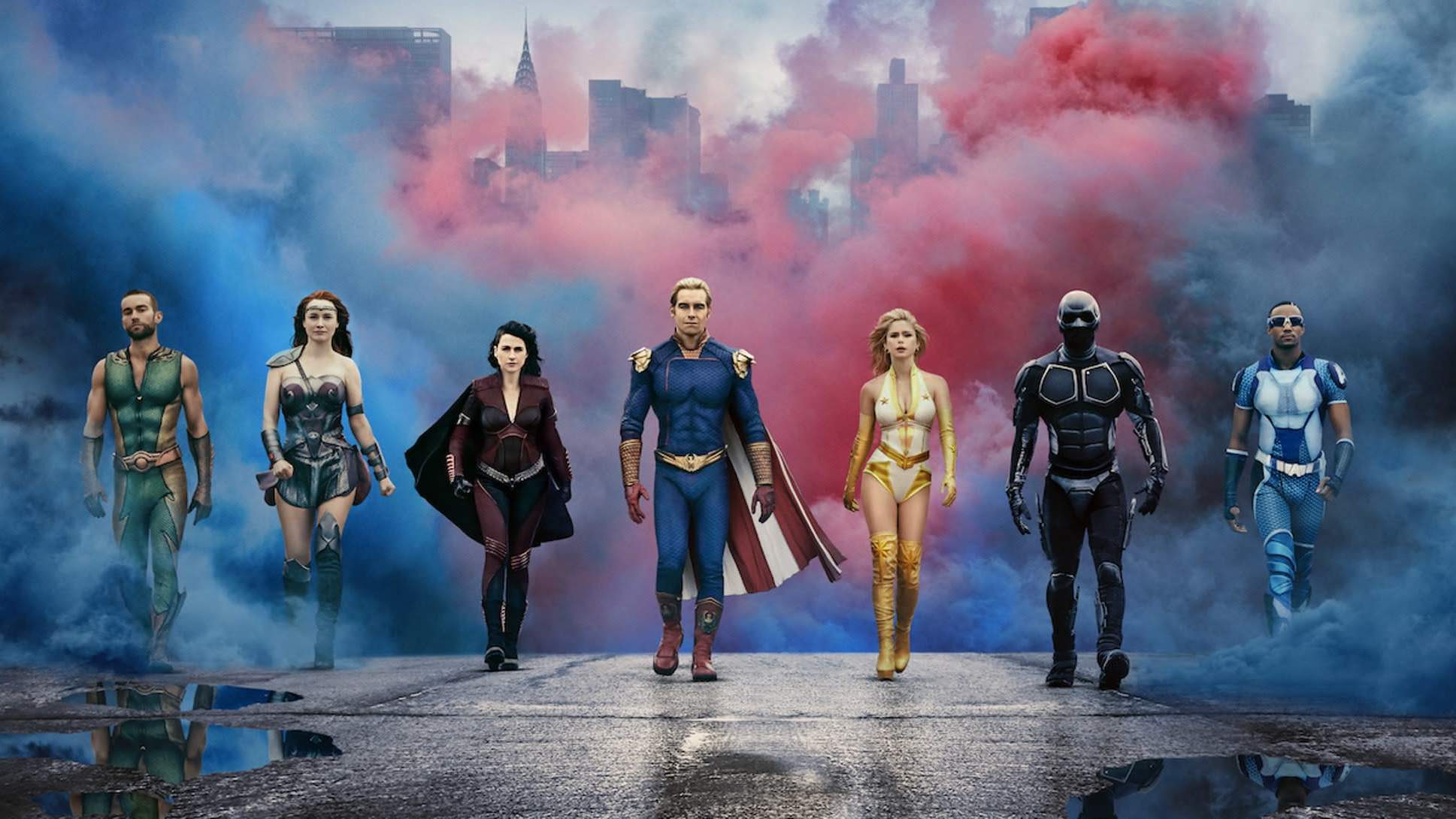
The Boys (Amazon Studios)
By making a literal Nazi with plans to take over the world and an all-powerful megacorporation its central villains this season, The Boys became one of the most relevant series of the year, despite the fact that it’s still primarily a comic book adaptation about a group of foul-mouthed misanthropes who all seem to delight in murdering people. When The Boys wasn’t lambasting the hell out of the likes of Marvel and Warner Bros’ real-world comic book content machines, the series was highlighting the ways in which domestic terrorism is often fuelled by the same sort of nationalist ideology invoked by certain politicians on highly publicised campaign trails. At a time when studios often bank on fans’ having blind faith in them as entities, The Boys existed as a reminder that it’s always important to bear in mind where the products we consume come from — places like Amazon, in this case. — Charles Pulliam-Moore
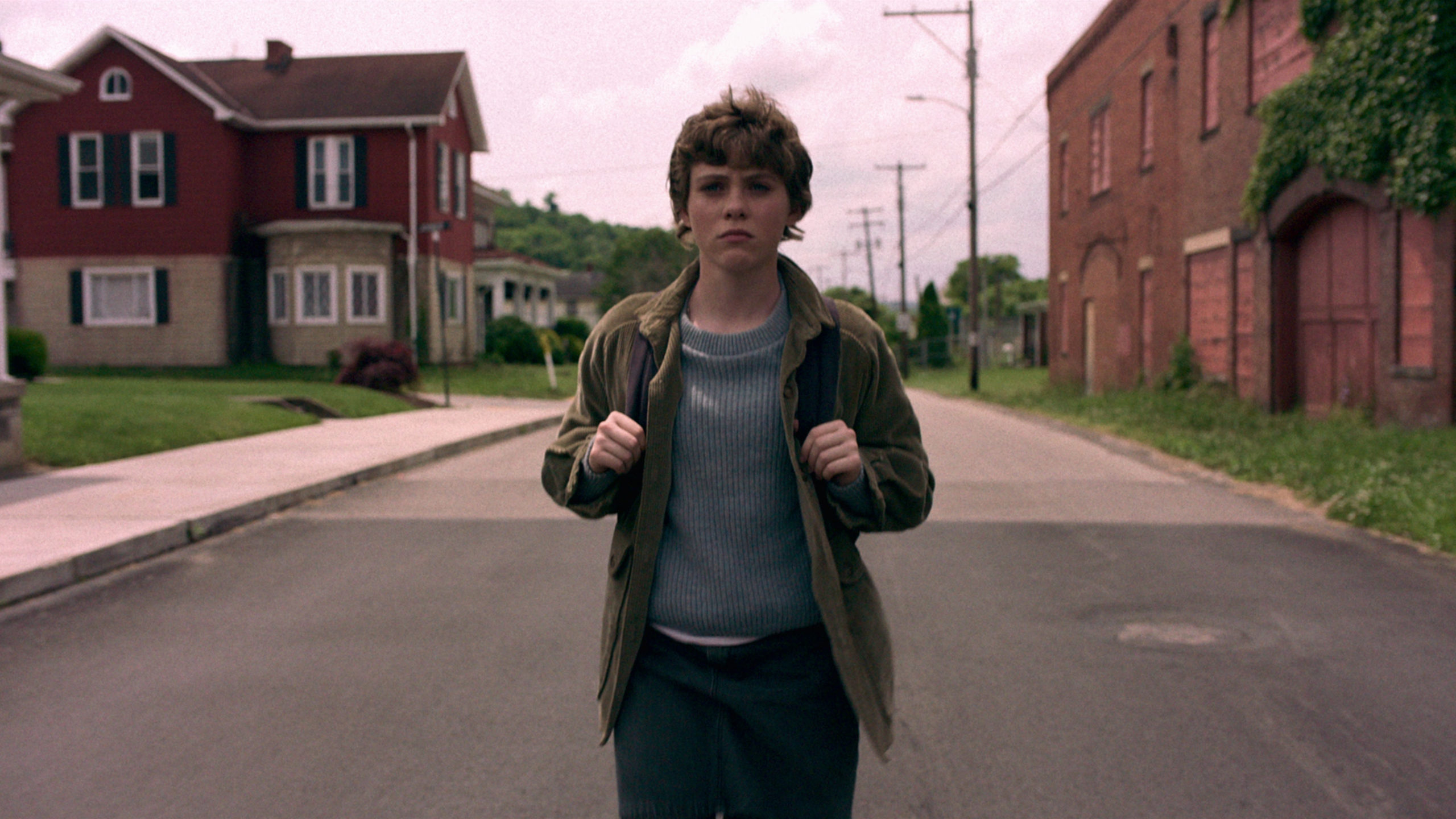
I Am Not OK With This (Netflix)
What made I Am Not OK With This’ first and only season such a surprise delight wasn’t just that it incorporated superpowers into its otherwise pretty normal coming-of-age story. The adaptation of Charles Forsman’s comic understood that in order to really live up to the narrative promise that its story held, it had to treat its central character Sydney’s burgeoning powers as just another aspect of her pubescent life.
While the audience’s focus might have rested on the mysteries behind her telekinesis, the power carried the same weight that Sydney being in the closet (and not knowing exactly how she felt about her best friend, Dina) did. At the same time that Sidney was on the brink of potentially becoming a larger than life, superheroic figure in the making, she was also just becoming a self-actualized teenager with relatable hopes, desires, and fears, which all added up to making her a compelling heroine whose story you wanted to know more about. It’s a shame we don’t get to see it. — Charles Pulliam-Moore
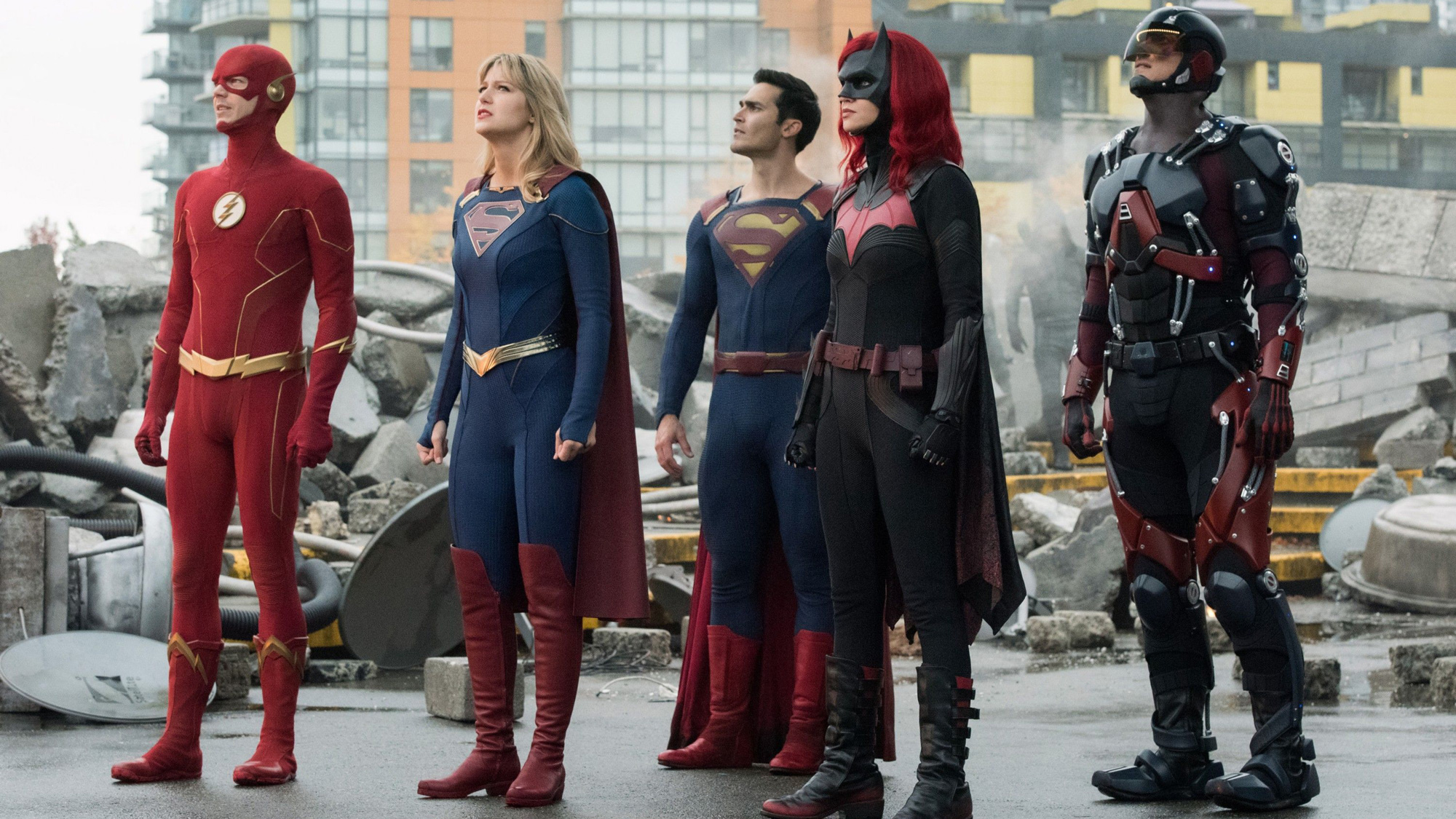
Crisis on Infinite Earths (The CW)
OK, sure: part of Crisis aired last year. But it’s easy to forget that when 2020 started 38 years ago, we actually got the conclusion to the CW’s bonkers, earnest, and sometimes incredibly silly superhero smashdown. The crossover represents one of the wildest attempts to tie in so many different characters and stories into one singular TV event. After a rocky start, Crisis pulled together to deliver a scope unlike anything one of the shows in the sum of its parts had been able to do before, and it did so alongside a love-letter farewell to Oliver Queen, the hero who started the whole Arrowverse in the first place. It stuck the landing to present something that felt like a fitting sendoff to the first chapter of the CW’s long superhero journey, as we looked to a bright future for our TV heroes…even if, admittedly thanks to the way 2020 played out, we’re still mostly waiting on seeing how that future unfolds. — James Whitbrook
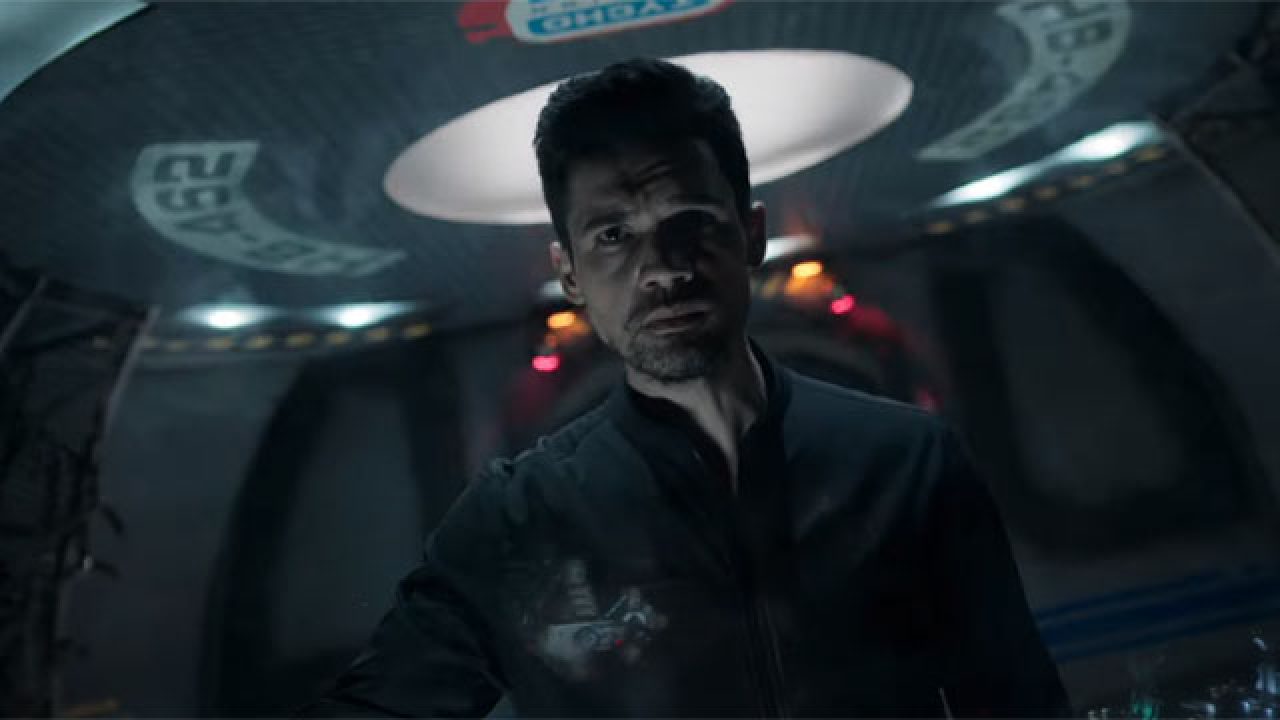
The Expanse (Amazon Studios)
We’re cheating a little here as we’ve received advance screeners for the soon-to-debut fifth season of Amazon’s excellent adaptation of James S.A. Corey’s popular sci-fi book series. But we can assure you it once again delivers a thrilling blend of space action, interplanetary politics, alien mystery, and detailed character development, with a cast and crew that’s now as fine-tuned as the Rocinante’s powerful fusion drive.
After a fourth season that focused on a newly discovered planet, the current batch of episodes brings the battle back to Earth, Mars, and the Belt, as tensions rise to near-apocalyptic levels — and on a more personal level, fan favourites like Wes Chatham’s Amos and Dominique Tipper’s Naomi Nagata confront troubled pasts they’d longed to leave behind. With just one more season on the way, it’s hard to imagine a life without new Expanse episodes to look forward to. But at least we’ve got them now. — Cheryl Eddy
Worst
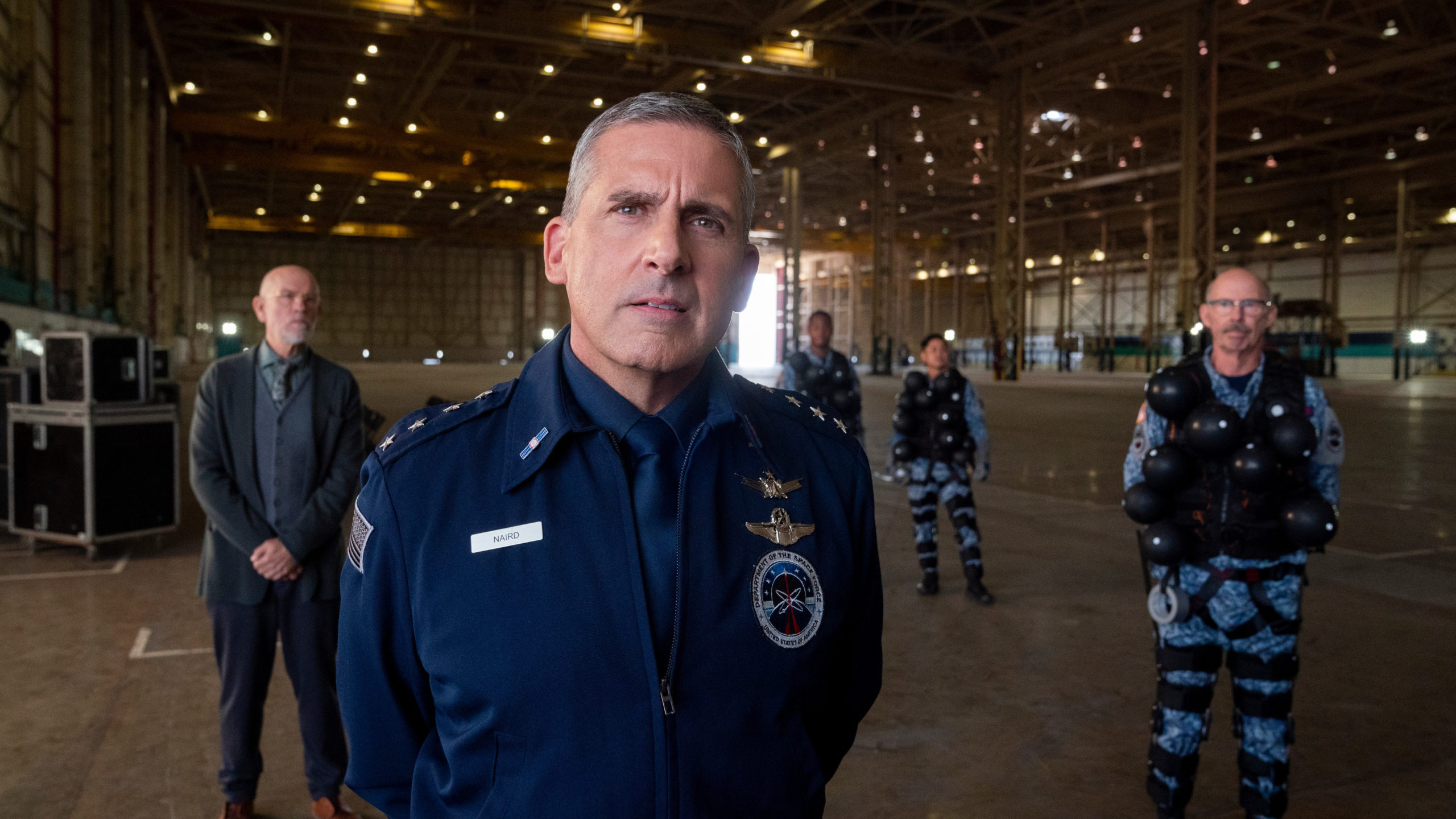
Space Force (Netflix)
News that Greg Daniels — creator of the U.S. version of The Office — was reuniting with that show’s star, Steve Carell, in a send-up of President Trump’s military aspirations was an incredibly intriguing idea. The supporting cast, which included John Malkovich, only added to the anticipation. But when the show came out it was just so…flat. A show without an identity. Did it want to be sharp and political? Did it want to be goofy and funny? Was anyone on set really into this? It just didn’t work. Granted, things improved as the first season went on and will probably be better even in the upcoming season two, but the first season was a huge letdown from a group of people who can do a lot better. — Germain Lussier
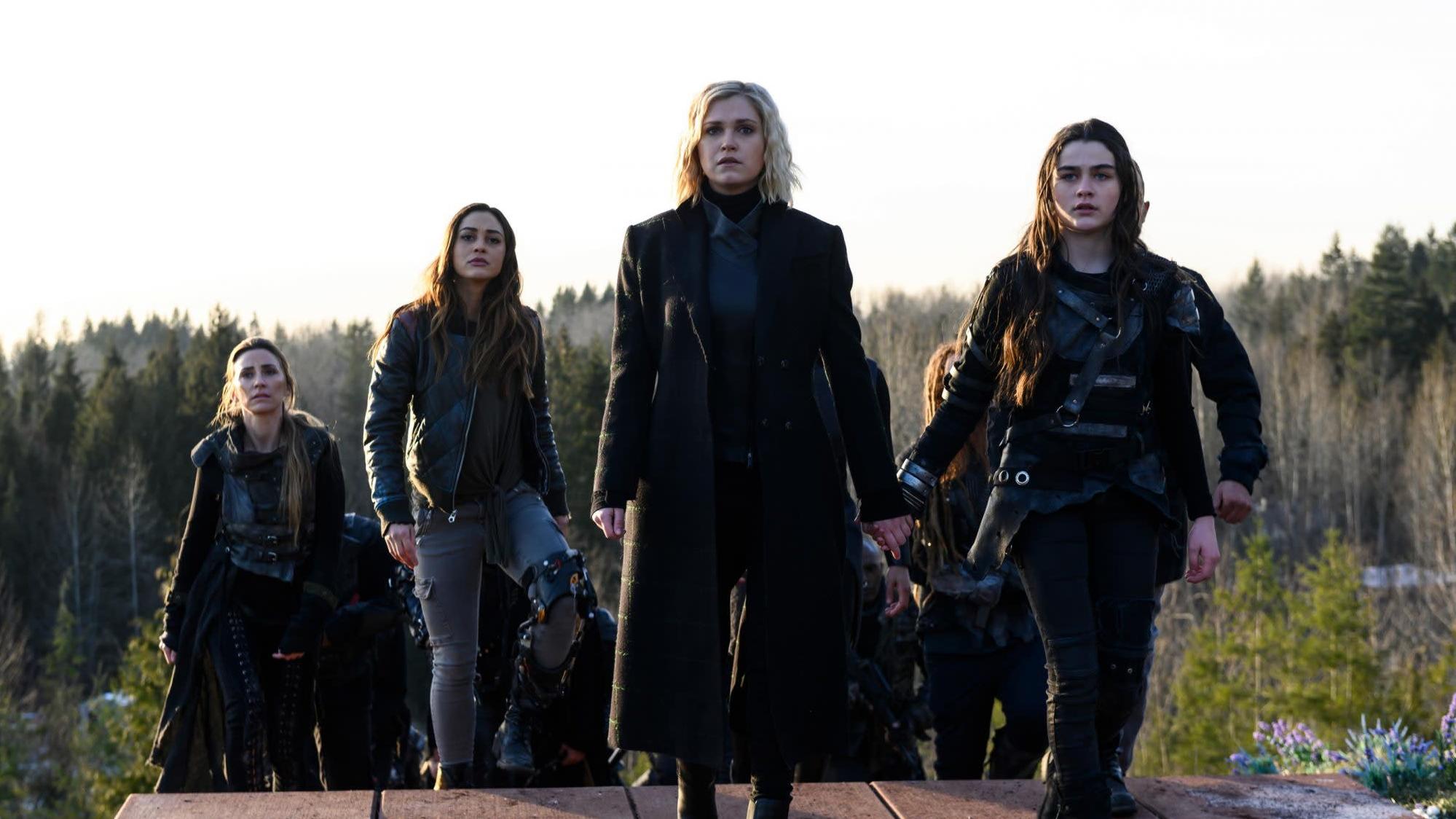
The 100 (The CW)
The 100‘s early seasons were some of the most fun you could have with a TV show and felt like something more clever and more ruthless than the typical CW fare. But it lost its way in season three and careened off the rails, and by its final season, it was in a place very far from the rest of us. That place involved a final actual battle between two factions of humanity that led to everyone turning into trees made of light. Really. It was wild. And weird. And it was an ending that was completely hysterical. Months later I still find myself whispering “that actually happened” when I try to reflect on it. — Alex Cranz
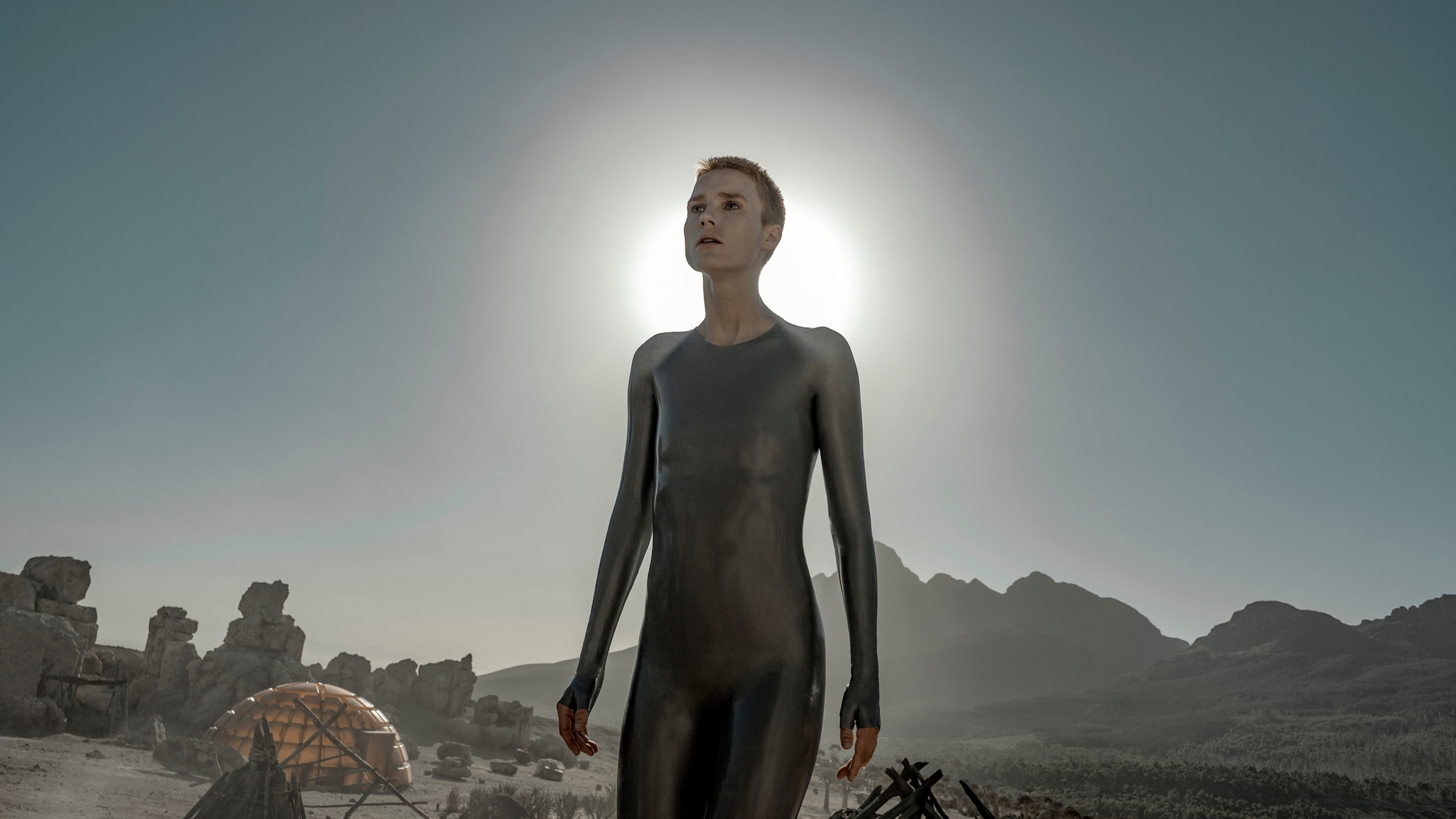
Raised by Wolves (HBO Max)
Yeah, I already wrote about how distressingly poor I found this HBO Max sci-fi series from Aaron Guzikowski and Ridley Scott, but it bears repeating. So many concepts were introduced (some extremely familiar to Scott’s oeuvre) but in 10 whole episodes, almost none of them were given enough exploration to hook me: science and religion clashed but not in a way we hadn’t seen a 1,000 times before, children were chosen for a special purpose, and white goo was plentiful. In 2020, with so much vying for viewers’ attention — especially on the slew of streaming services — you can’t expect people to wait and have questions answered in season two. Despite looking absolutely gorgeous, and some solid lead performances by Amanda Collin and Abubakar Salim, Raised by Wolves was so much wasted potential. — Jill Pantozzi
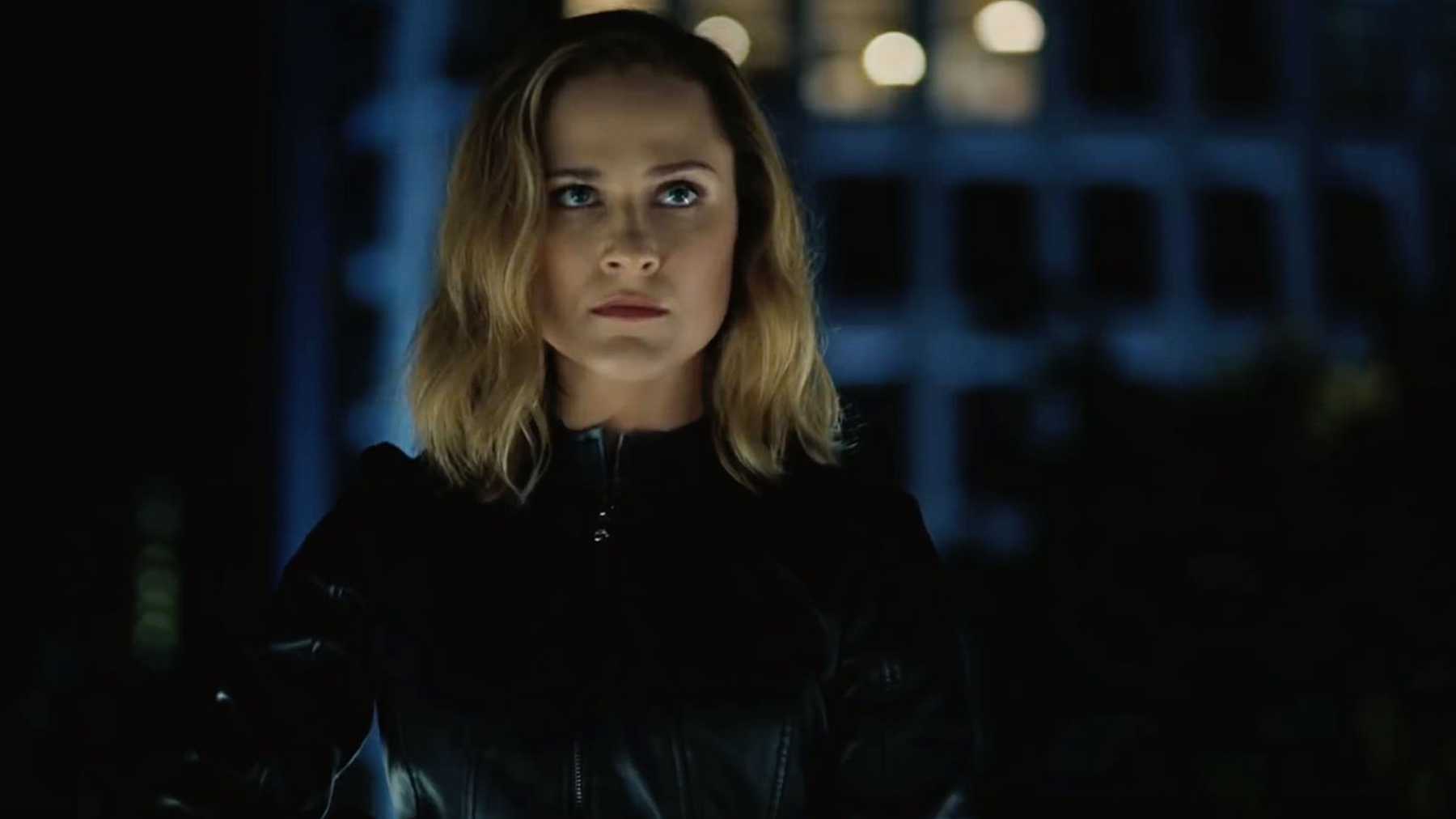
Westworld (HBO)
This was a rough year for robots. In addition to Raised by Wolves, there was also season three of Westworld. Things started out promising — the show brought us out of the theme park to explore how its technology has invaded the wider world — but the show’s dystopian look at Silicon Valley, destiny, and self-determination ultimately fell flat. It just wasn’t as mind-blowing as Westworld thought it would be. It seemed like the show’s hot take on predictive algorithms — centered around the show’s everyman Caleb (Aaron Paul), who never quite managed to spark — felt like a plotline other movies, shows, video games, and novels had done before…and better.
It didn’t help that Dolores (Evan Rachel Wood) did nothing but wax poetic for most of the episodes, and then there was the whole Man in White debacle that not even actor Ed Harris cared for. We could see things turn around in season four as the show hopefully puts more of a focus on Maeve (Thandie Newton), but it feels like Westworld is running out of second chances. — Beth Elderkin
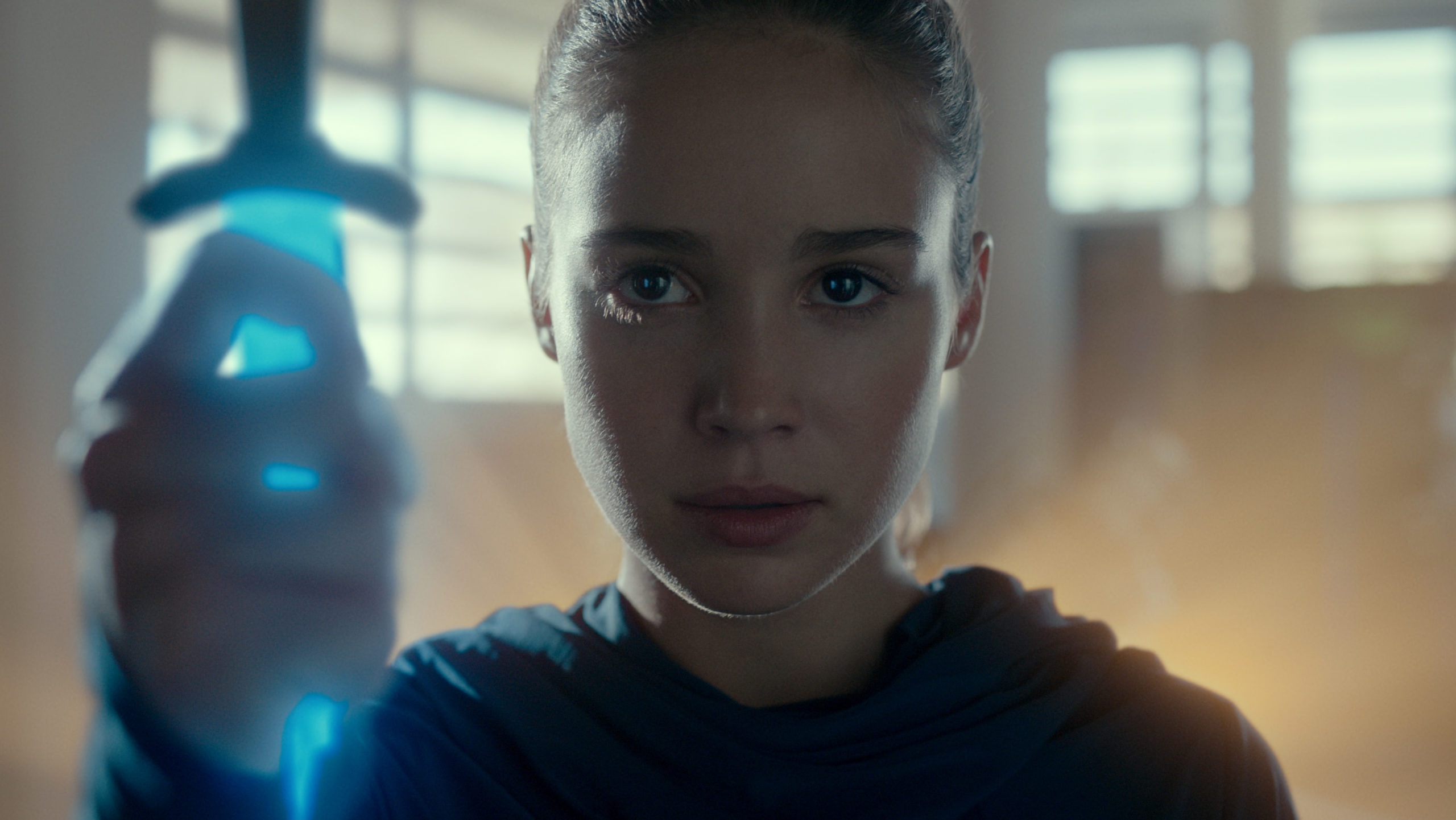
Warrior Nun (Netflix)
There is at least one arc within nearly every comic book that, in the right hands, could effectively be adapted for television in such a way that leads to the series becoming a long-running fan favourite. The creative minds behind Netflix’s Warrior Nun knew this to be true, but in their haphazard attempt at capturing that sort of greatness for their own purposes, they forgot to put the necessary energy into crafting a legitimately interesting story or characters to drive it forward. The final product felt rushed, uninspired, and without a clear purpose. – Charles Pulliam-Moore
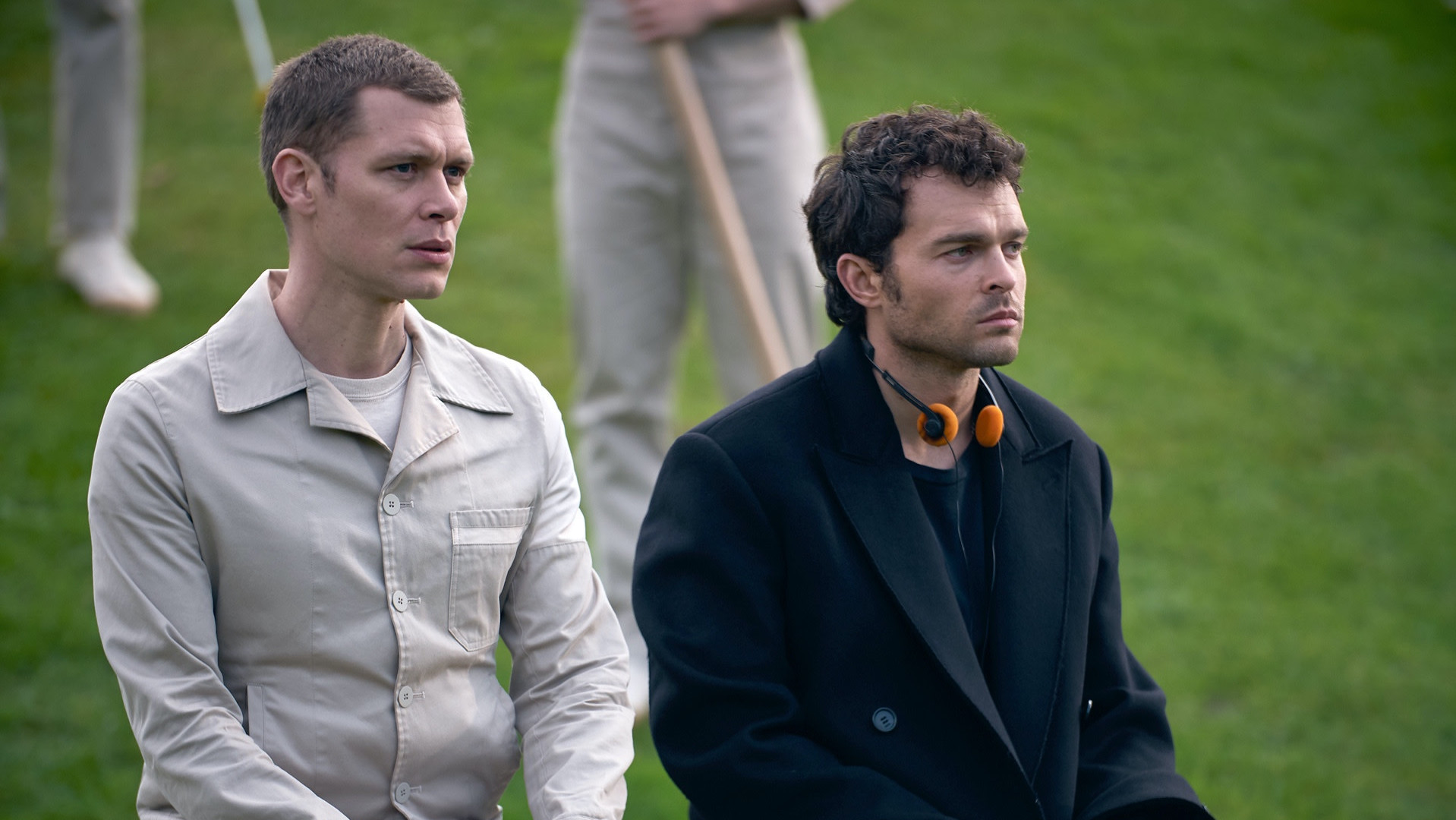
Brave New World (Peacock)
I was the only person at Gizmodo who watched the entirety of Peacock’s unremarkable Brave New World adaptation, and everyone else should be thanking me. I’ve not read Aldous Huxley’s classic novel so I can’t speak to any changes, drastic or otherwise, to the story for adaptation but what I can say is I was bored to tears and it seemed like all the actors were too. The story, about a utopian society filled with hypersexualisation and absolutely no privacy of any kind, boasted a cast that included Alden Ehrenreich, Jessica Brown Findlay, Harry Lloyd, Hannah John-Kamen, and the always fantastic Nina Sosanya. Sure, the tech was slick and everyone looked great, but the drama to be found in one man from outside that society introducing them to a new way of living fell completely flat and none of the characters were likable. It certainly wasn’t the best introduction to NBCUniversal’s streaming service, that’s for sure. — Jill Pantozzi
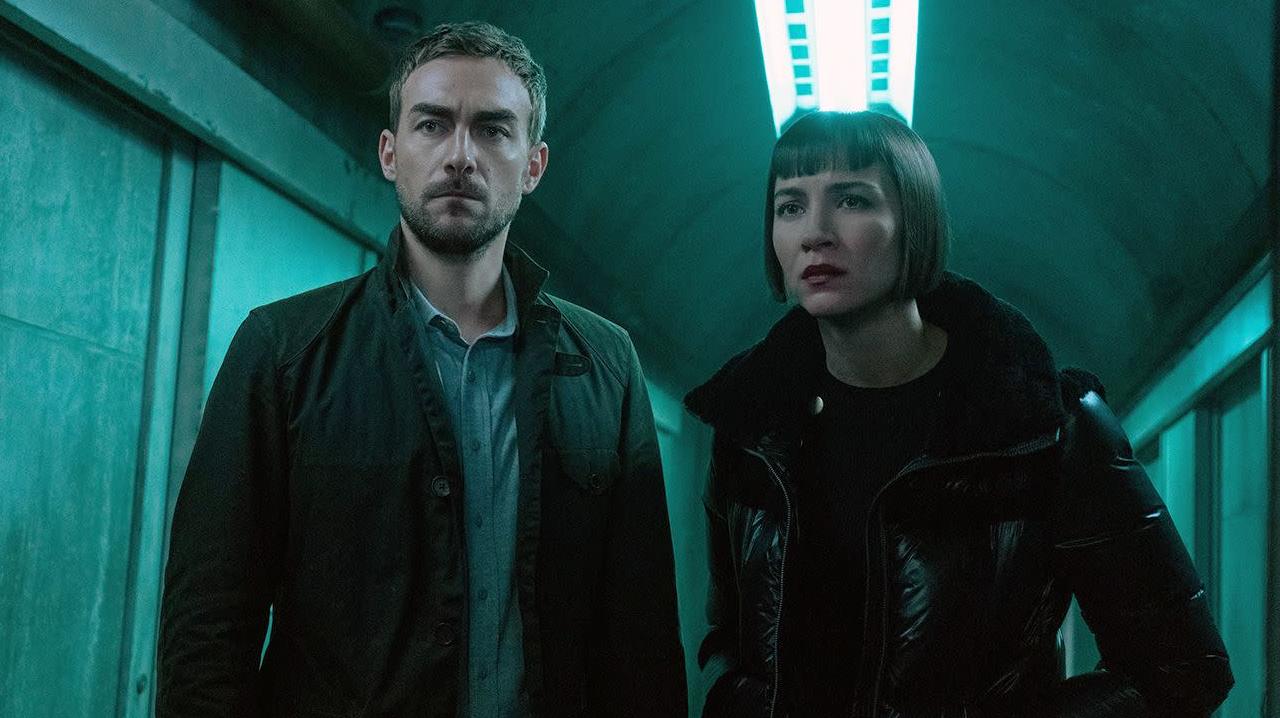
Helstrom (Hulu)
Helstrom dropped at a time when everyone was already looking forward to the next phase of Marvel’s live-action, episodic storytelling that’s set to live on Disney+. Like Runaways before it, Helstrom failed to make Hulu a proper go-to destination for Marvel content, but unlike Runaways, Helstrom fundamentally lacked any of the narrative charm or inventiveness necessary to make its story about supernatural family drama a must-see. Even though all of its characters felt like they had the potential to be part of a greater, larger narrative that further fleshed out the mystical elements of the MCU, Helstrom ended up feeling more like a hurriedly finished homework assignment turned in at the last minute. — Charles Pulliam-Moore
